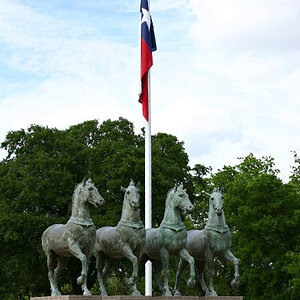TreeofLifeStairs
No longer a newbie, moving up!
- Joined
- May 12, 2013
- Messages
- 1,082
- Reaction score
- 289
- Location
- California
- Website
- treeoflifestairs.com
- Can others edit my Photos
- Photos OK to edit
I had an NEX-7 (aps-c) and now have an a7II (full frame). One of the biggest differences I’ve noticed isn’t so much in the quality of pictures (which is better) but it seems to make it easier to take the pictures. The auto focus is much quicker and the layout of the buttons are easier to use. I just feel like it makes your life easier. So when deciding aps-c vs full frame, you can likely get by just fine with the aps-c but the full frame is probably going to be a more enjoyable camera. Of course this is all just my opinion.
Sent from my iPhone using ThePhotoForum.com mobile app
Sent from my iPhone using ThePhotoForum.com mobile app



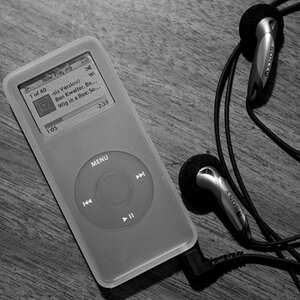
![[No title]](/data/xfmg/thumbnail/37/37537-25afab1a7980214af6067df3c997c353.jpg?1619738132)

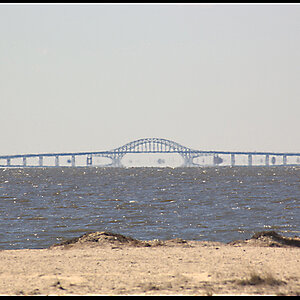
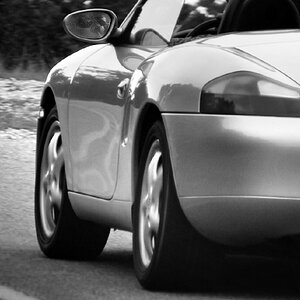

![[No title]](/data/xfmg/thumbnail/37/37602-1ef8dbb1c2d0e4ff347ee65d328c3603.jpg?1619738147)
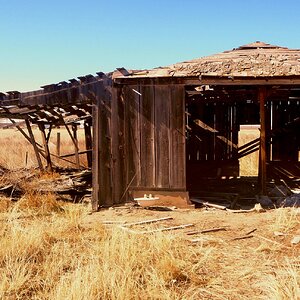
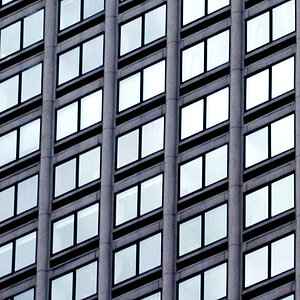
![[No title]](/data/xfmg/thumbnail/37/37533-7e5a25ced65c369c377ecf341b05e1d0.jpg?1619738132)
